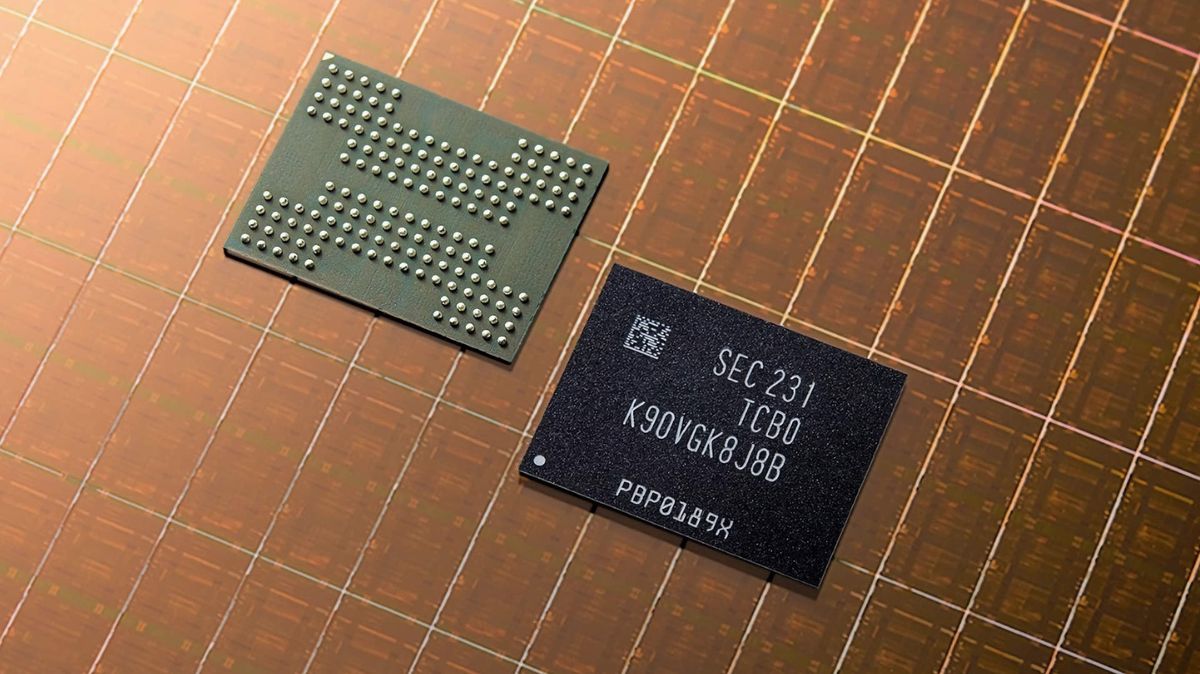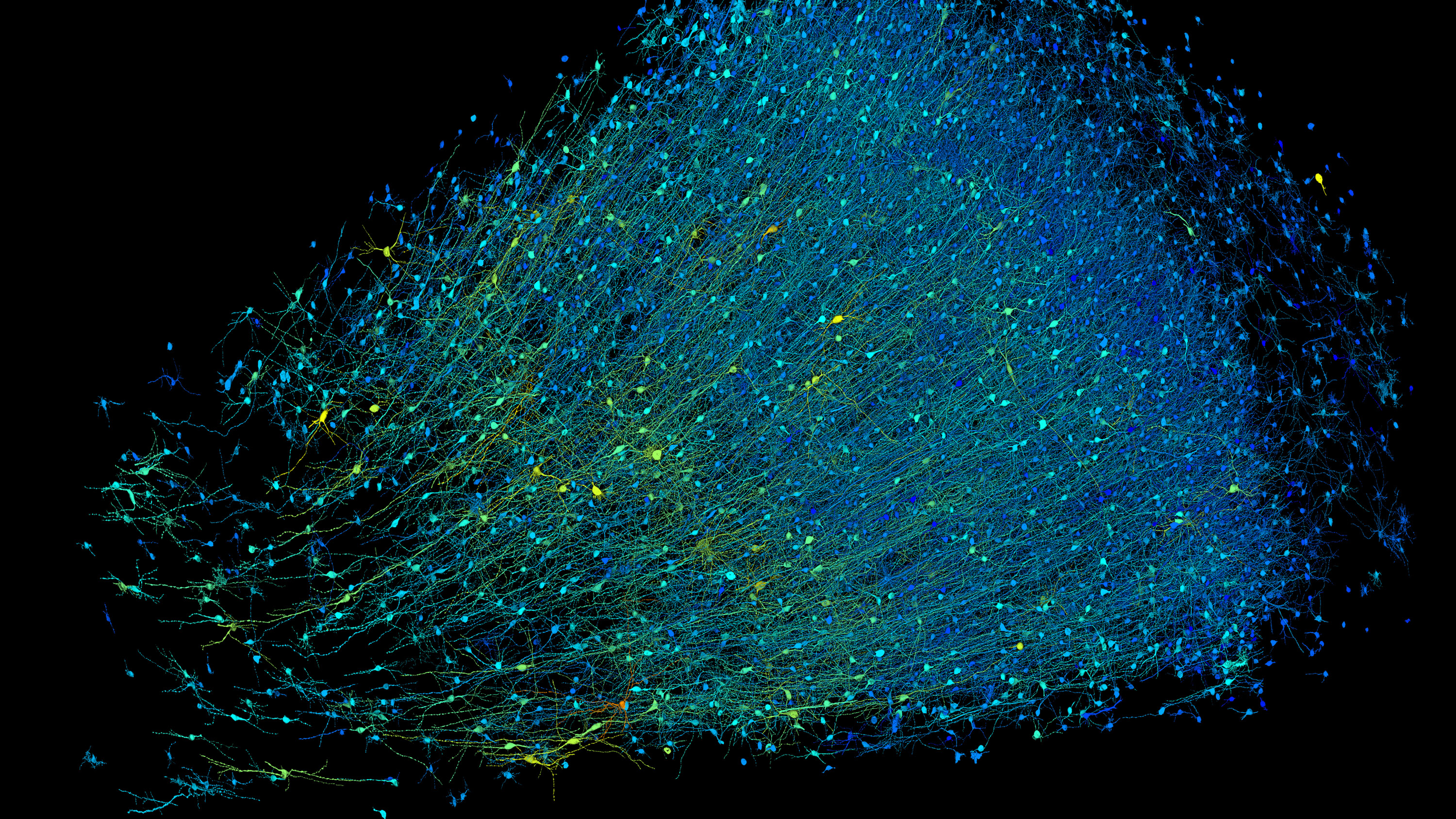
The ferroelectric material transistor could be used to make NVMe SSDs last a whole lot longer.

Although the map covers just a fraction of the organ—a whole brain is a million times larger—that piece contains roughly 57,000 cells, about 230 millimeters of blood vessels, and nearly 150 million synapses.

In a study that could help fill some holes in quantum theory, the U.S. team recreated a "quantum bomb tester" in a classical droplet test.

To buy time for weaning ourselves off our fossil fuel addiction, we could simply raise a parasol made of high-tech bubbles over the planet to create a bit of shade.

Current artificial intelligence (AI) technology is powerful, but often relies on high energy consumption. U.S. researchers have devised a solution that reduces the AI model training’s carbon footprint.

MIT scientists have revealed that their AI discovered an antibiotic compound, halicin, that can not only kill many forms of resistant bacteria but do so in a novel way.

A completely passive solar-powered desalination system could provide more than 5,5 liters of fresh drinking water per hour. Such systems could potentially serve off-grid arid coastal areas to provide an efficient, low-cost water source.
MIT'S new mini cheetah robot is the first four-legged robot to do a backflip. At only 20 pounds the limber quadruped can bend and swing its legs wide, enabling it to walk either right side up or upside down.

Instead of propellers or turbines, the light aircraft is powered by an 'ionic wind' - a silent but mighty flow of ions that is produced aboard the plane, and that generates enough thrust to propel the plane.

The Massachusetts Institute of Technology in US announced that it's launching a college which is specifically focused on the "ethical evolution" of AI that is already affecting and shaping our society.

MIT researchers have found the quasar, PKS 1353-341, is simply so bright it drowns out the light from hundreds of galaxies in a surrounding cluster.

MIT chemists have devised a way to rapidly synthesize and screen millions of novel proteins that could be used as drugs against Ebola and other viruses.

The lifelike movements of the robot mean it can navigate aquatic environments without triggering any discernible alarm among marine life.

MIT has announced yesterday that it is working with a new private company to make nuclear fusion finally happen.

Physicists have created a new form of light that could enable quantum computing with photons.